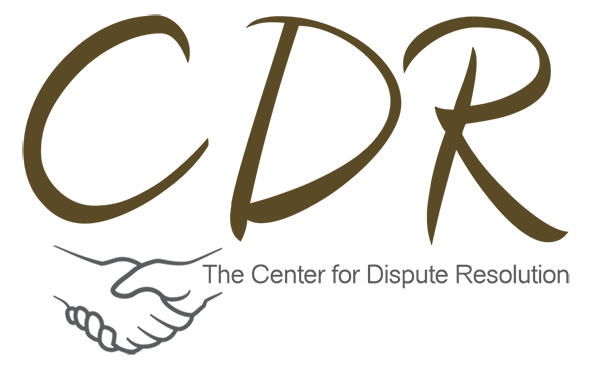
What Type of Disputes are Appropriate for Mediation?
Mediation is a form of alternative dispute resolution (ADR) that involves the use of a neutral third party, known as a mediator, to facilitate a conversation between disputing parties with the goal of reaching a mutually acceptable resolution. The mediator does not make decisions or impose solutions on the parties, but rather helps them to communicate effectively, clarify their positions, and find common ground. Mediation is often less costly and time-consuming than traditional litigation, and can help parties maintain their relationships and preserve their reputations.
Does Mediation Have to be Court-Ordered?
While courts may order parties to participate in mediation as part of the litigation process, mediation does not have to be court-ordered as parties can voluntarily choose to use mediation to resolve their disputes outside of court. In fact, many disputes are resolved through mediation without the need for litigation or court intervention. In some cases, parties may prefer to use mediation because it is a more private and confidential process than litigation, and can help them maintain more control over the outcome of their dispute.
Examples of Cases Appropriate for Mediation
Mediation can be used to resolve conflicts in a wide range of situations, ranging from divorce to succession planning of an estate. Basically, there is no limit to the type of disputes that are suitable for mediation. With that being said, the following are just eight different types of disputes that are regularly resolved through mediation.
The first type of case where mediation would be appropriate is in divorce and family disputes. Divorce can be a highly emotional and stressful experience, and the adversarial nature of litigation can exacerbate conflicts. Mediation can help couples come to an agreement on issues such as child custody, visitation, and property division, without the need for a court battle.
The second type of case where mediation would be appropriate is in employment disputes. Conflicts between employees or between employees and their employer can have a negative impact on the workplace environment and lead to decreased productivity. Mediation can be used to resolve conflicts related to pay, benefits, working conditions, or performance evaluations.
The third type of case where mediation would be appropriate is in personal injury cases. Mediation can be used to resolve disputes related to personal injury claims, such as car accidents or medical malpractice. Mediation can help parties avoid the time and expense of a trial, and come to a mutually acceptable resolution.
The fourth type of case where mediation would be appropriate is in landlord-tenant disputes. Mediation can be used to resolve conflicts between landlords and tenants, including issues related to rent, repairs, or evictions. Mediation can help parties avoid the cost and time-consuming process of going to court.
The fifth type of case where mediation would be appropriate is in business disputes. Disputes between businesses can be complex and costly, and litigation can be a lengthy and expensive process. Mediation can help resolve conflicts related to contracts, partnerships, or intellectual property rights in a more efficient and cost-effective manner.
The sixth type of case where mediation would be appropriate is in environmental disputes. Mediation can be used to resolve conflicts related to environmental issues, such as land use, water rights, or pollution. Mediation can help parties find a mutually acceptable solution that takes into account the interests of all parties involved.
The seventh type of case where mediation would be appropriate is in construction disputes. Disputes between contractors, subcontractors, and property owners can be complex and costly, and can delay construction projects. Mediation can help resolve conflicts related to payment, delays, or quality of work, in a more efficient and cost-effective manner.
The eighth type of case where mediation would be appropriate is in community disputes. Mediation can be used to resolve conflicts within a community, such as disputes over noise, property boundaries, or use of common areas. Mediation can help parties find a mutually acceptable solution that preserves the relationships within the community.
Conclusion
In conclusion, mediation is an effective way to resolve disputes and conflicts in a wide range of situations. Whether it’s a divorce, an employment dispute, a personal injury case, a landlord-tenant dispute, a business dispute, an environmental dispute, a construction dispute, or a community dispute, mediation can help parties find a mutually acceptable solution in a more efficient, cost-effective manner and confidential manner.
✅ Resolve disputes effortlessly. ✅ Build stronger relationships. ✅ Subscribe FREE now!
Don't miss out! Join us today. 🚀


Comments are closed